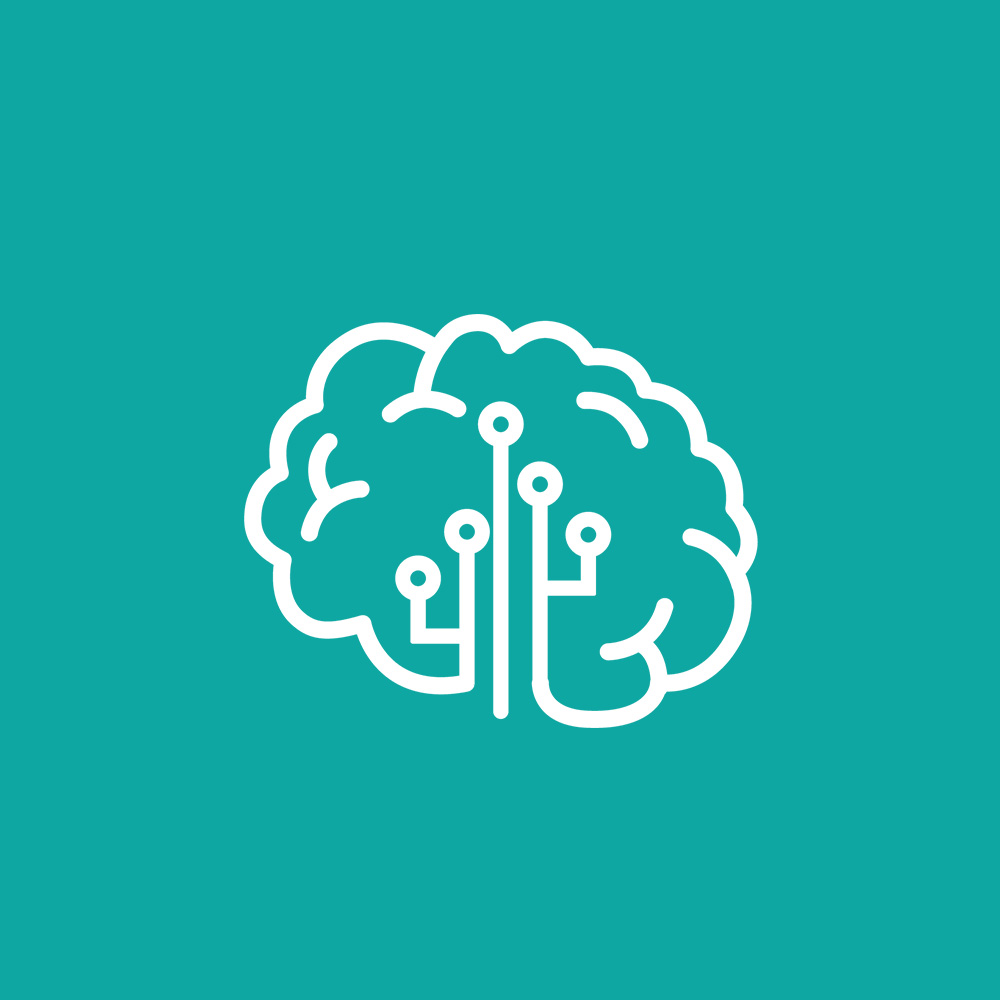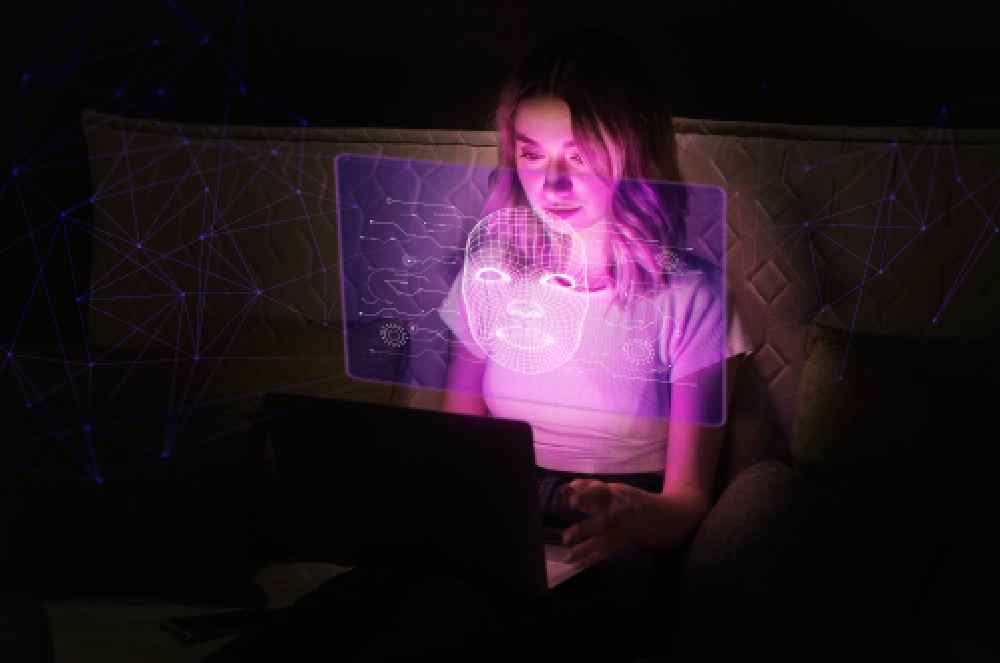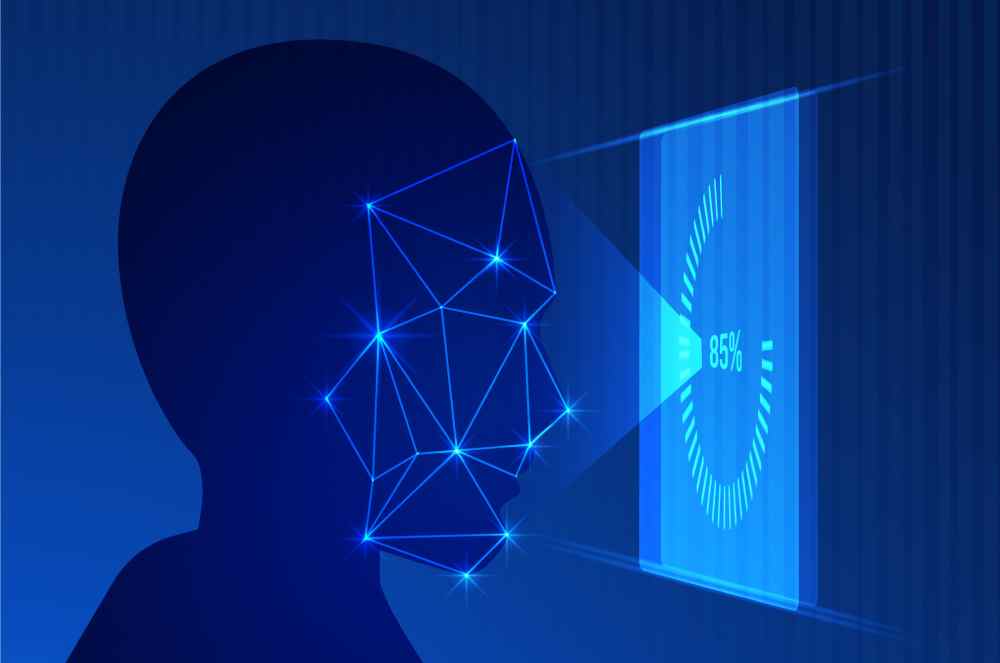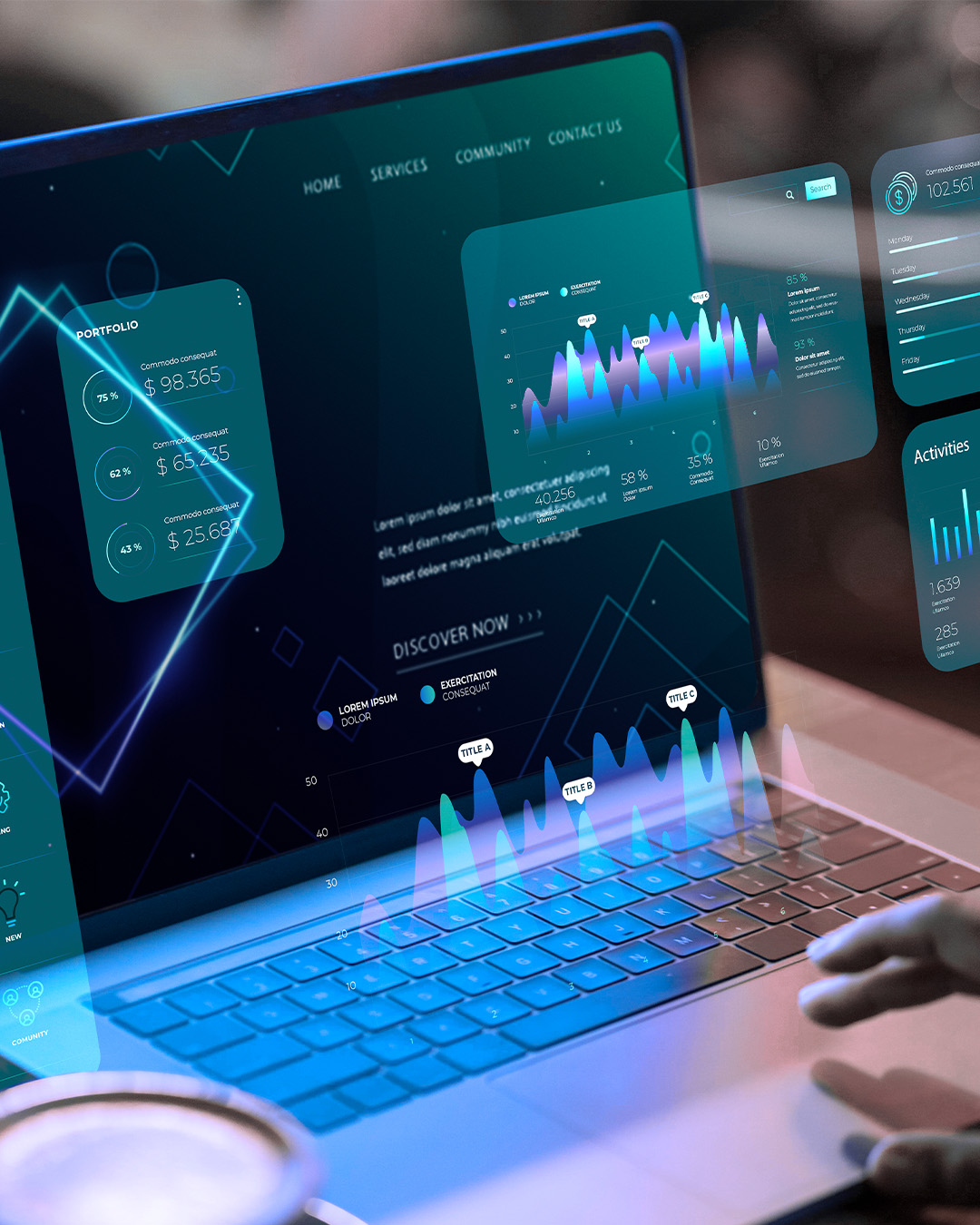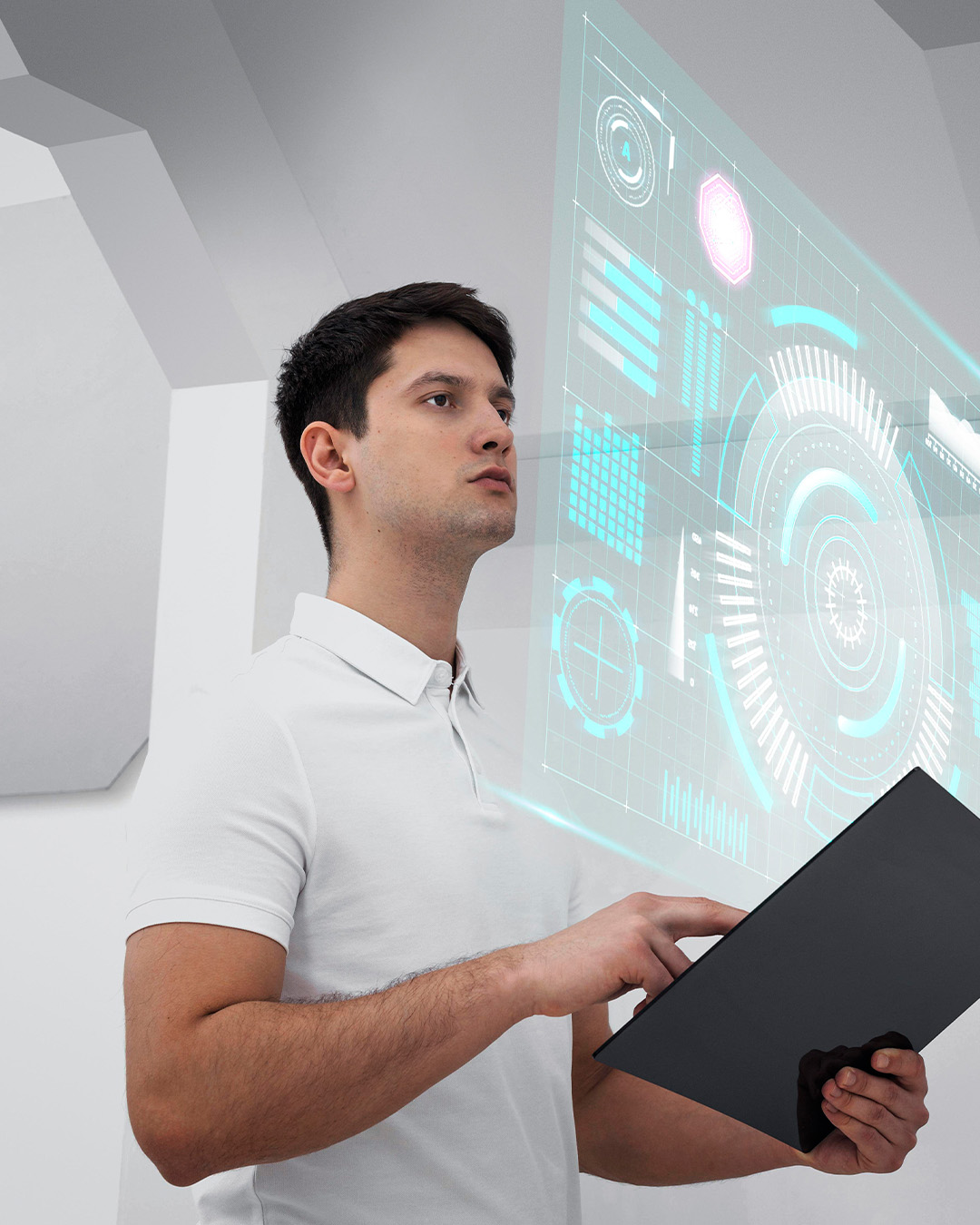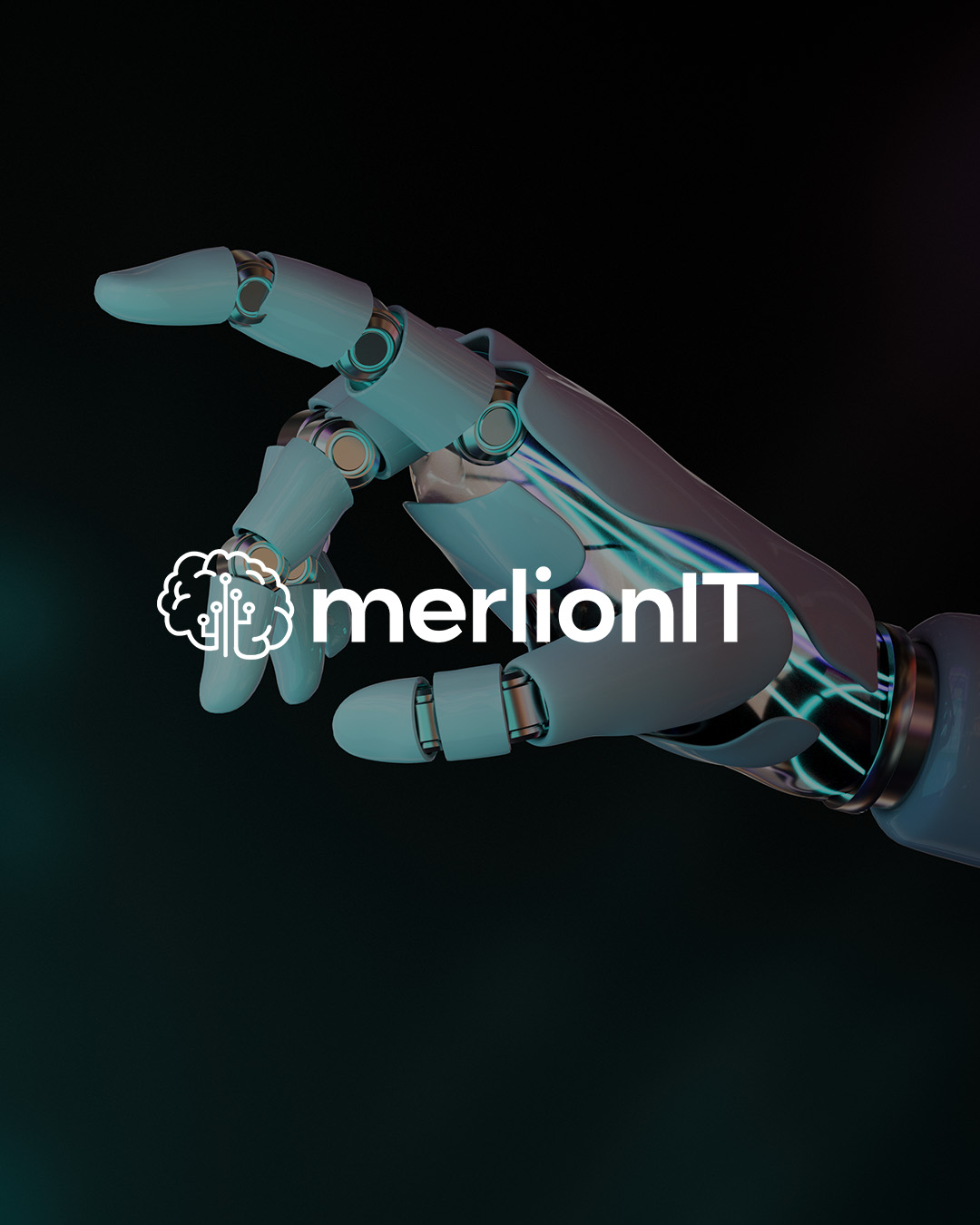The great technological promises of 2025 that will change our lives
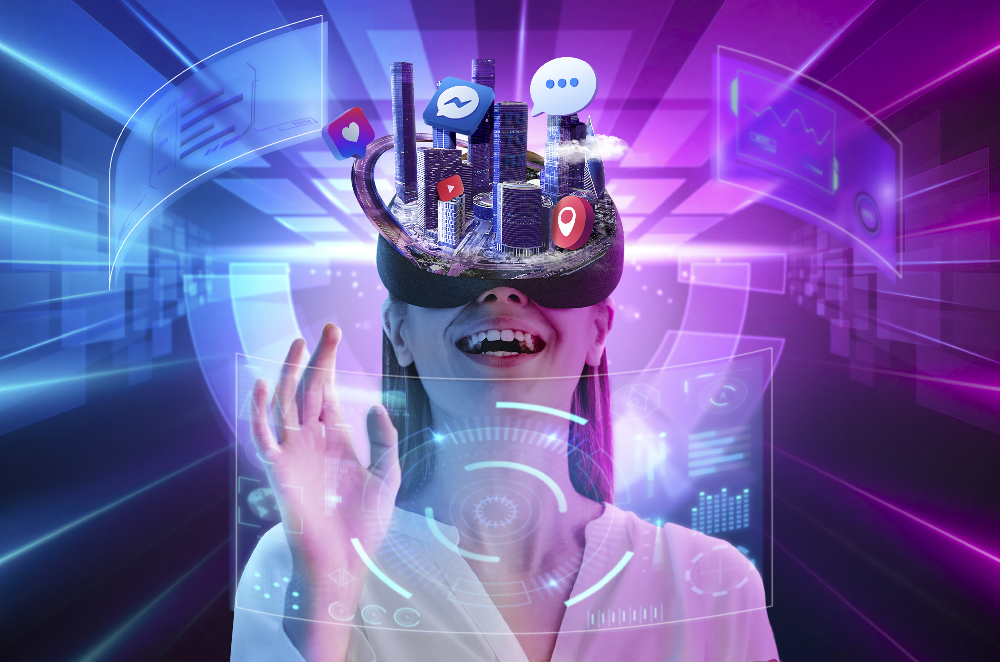
The new year will be accompanied by a wave of technological transformations that will change the way we live, work, and understand the world. “Terms like digital twins, post-quantum generative AI, and contextual AI will become standard in our vocabulary,” explains Manuel Marín, General Manager of Halotech Digital Services. We will talk about post-quantum cryptography, extended reality, the Internet of behavior, multifunctional robots, and spatial computing. Fashion, medicine, security, education, agriculture... No area will be left out of the technological boost.
The smartphone will evolve to include new features, such as real-time health monitoring, non-invasive blood tests, stress level readings, and disease prediction. It will also change the way we work, creating mixed realities in the workplace. “Users will be able to interact with virtual office environments from anywhere through glasses connected to their phones,” says Marín. Ultra-advanced AI assistants will be able to plan multiple tasks, adapting to the specific needs of each individual,” say sources from Telefónica.
"Predictive" fashion will anticipate consumer tastes
Experts say that next year will be dominated by AI agents that will drastically transform the daily activities of almost every company. “We will stop using AI for a final purpose, such as asking it to fix a computer error or generate an image, and instead, we will ask it to actually take on the role of a co-pilot and drive a project or create an initiative, which will require many prompts,” says Pau Garcia-Milà, CEO of Founderz and AI expert. “Solutions like dynamic creative optimization (DCO) will speed up the creation of personalized content in real time, while advanced tools like Google Gemini will enable workflows to be managed more efficiently and strategically,” adds Fernando del Rey, Director of Southern Europe at digital marketing company Incubeta.
AI-based antibiotics will be used to combat microbial resistance
The office of the future will focus on continuous learning and employee well-being. Continuous feedback will replace traditional annual evaluations, which are often useless. “Tools like the Talent Booster Agent are already being used to support managers by connecting leadership training with specific situations they face,” says José Burgos, CEO and founder of Fresh People.
Everyday life by 2025
our vehicles will incorporate new functions to enable safer, more autonomous, and efficient driving. “In addition to voice control for infotainment systems, navigation, and climate control using the online voice assistant IDA, there is also the AI tool ChatGPT, already available in several Volkswagen models, such as the electric ID family and the Golf, Tiguan, and Passat models,” said a company spokesperson. Predictive fashion will anticipate demand for trends before they emerge. This will allow brands to produce designs more accurately and avoid overstocking. Consumers will shop in physical stores with smart mirrors that will allow them to see the clothes without trying them on, and virtual fitting rooms based on augmented reality. “Customers will be able to see themselves wearing clothes, thanks to 3D scans of their bodies. This will drastically reduce the need for returns,” explains Alba Rocafort, founder of Fabbric. Fashion will incorporate new materials developed in biotechnology laboratories (algae and mycelium fibers, smart fabrics that regulate body temperature, or recycled polymers from ocean plastics).
The future of biomaterials is written with AI
Intelligence will not only influence our external appearance. It will also be crucial in protecting our internal health and ensuring our well-being. The fight against microbial resistance is one of the major challenges in medicine. “Advanced algorithms can predict resistance patterns and help make more accurate decisions regarding the use of antimicrobials. Additionally, real-time monitoring and surveillance of infections and their resistance to drugs will allow for quicker and more appropriate responses on a population level,” says Eduardo Malmierca, infectious disease specialist at Infanta Sofía Hospital.
Source: CincoDías
Start a digital transformation with your company and explore new possibilities using artificial intelligence without needing to be a programmer. Contact us.





